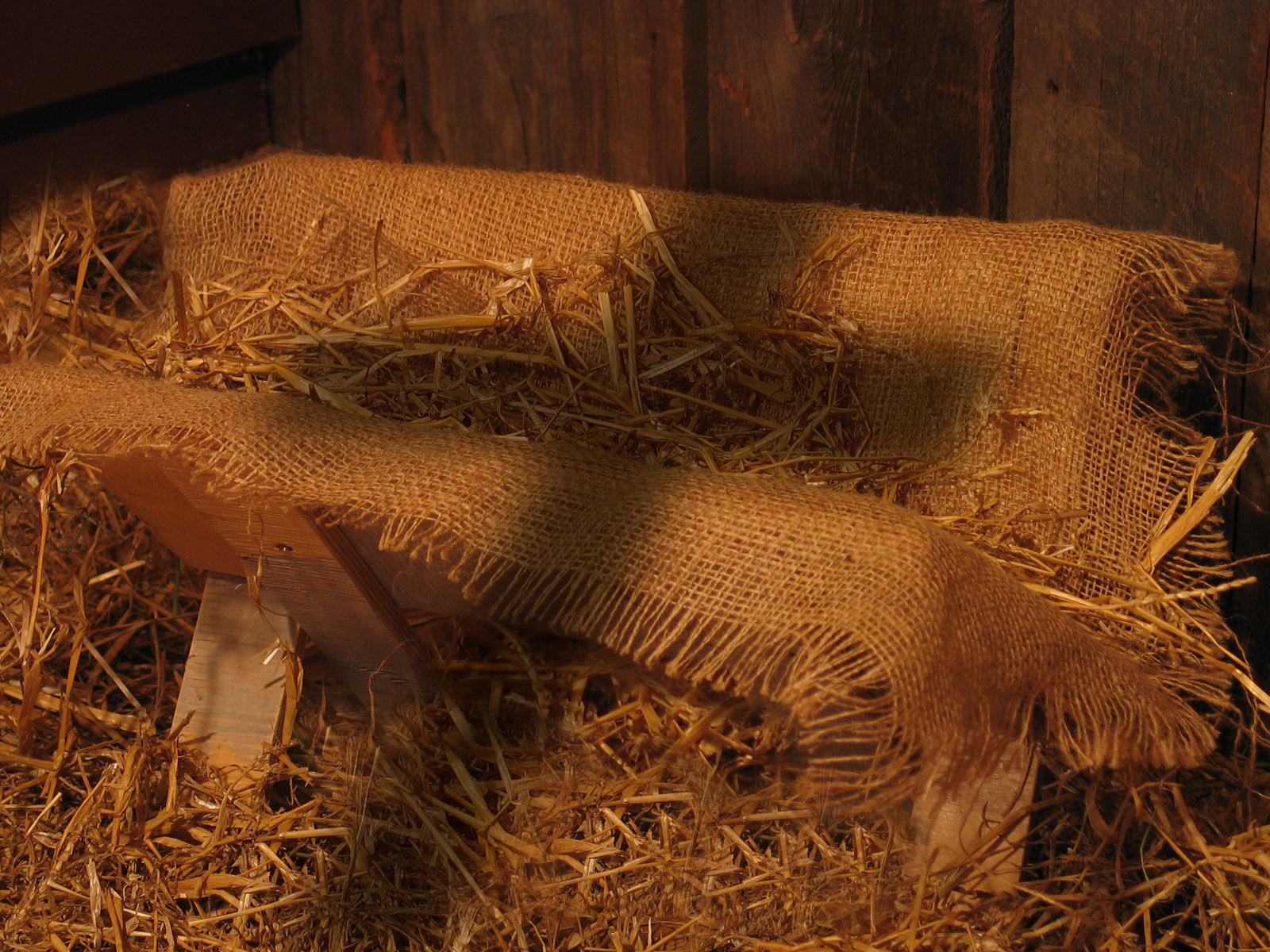In today’s Gospel Our Lord invites us to go beyond the superficial in the Advent season and seek not only merriment or consolation, but a source of true and lasting joy. If Advent is characterized by John the Baptist, someone calling for repentance and conversion, the superficial see this as crazy, and just keep looking for a drinking buddy with which to drown their sorrows, not believing a path back to joy is possible. With so many dramatic family situations in the modern world Advent and Christmas are a painful reminder of a joy ever never possessed or lost, with nothing during the holidays to distract oneself from sobering realizations.
Christmas is characterized by Our Lord, a time for celebration, but also a time to find something deeper than the next party, treat or present before the season is over. If Advent is an opportunity to seek a deeper source of joy, the superficial see a little holiday happiness as enough, and then back to work and the daily grind. They can experience a similar emptiness to those drowning their sorrows, but they try to ignore it by keeping the party going.
Our Lord reminds us in the face of these attitudes that wisdom is justified by her works. Wisdom is what we’re looking for to find not only joy, but a source of joy. Jesus is the Wisdom of God (cf. 1 Corinthians 1:24) and also God’s power: he is able to help us go deep and tap the source of true joy that can sustain us in happy or sad moments. Feelings come and go, but joy remains. During Advent we prepare for the coming of the Prince of Peace, and, as he reminds us, his peace is not like the world’s (cf. John 14:27). Let’s continue to live this Advent as a time to prepare and welcome the Prince of Peace who’ll take us beyond happiness or sorrow to a deep joy.
Readings: Isaiah 48:17–19; Psalm 1:1–4, 6; Matthew 11:16–19. See also 24th Week in Ordinary Time, Wednesday.


